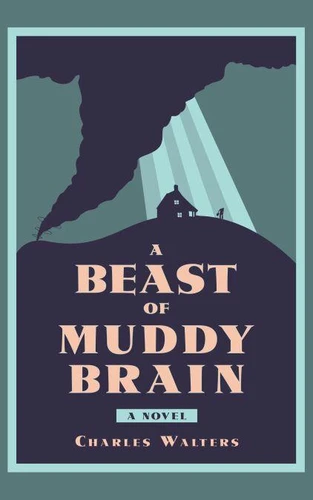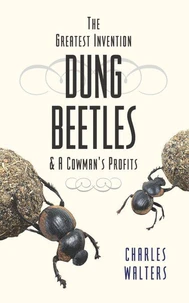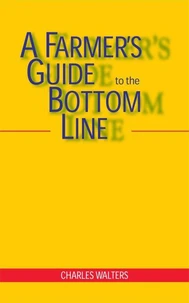A Beast of Muddy Brain
Par :Formats :
Disponible dans votre compte client Decitre ou Furet du Nord dès validation de votre commande. Le format ePub est :
- Compatible avec une lecture sur My Vivlio (smartphone, tablette, ordinateur)
- Compatible avec une lecture sur liseuses Vivlio
- Pour les liseuses autres que Vivlio, vous devez utiliser le logiciel Adobe Digital Edition. Non compatible avec la lecture sur les liseuses Kindle, Remarkable et Sony
 , qui est-ce ?
, qui est-ce ?Notre partenaire de plateforme de lecture numérique où vous retrouverez l'ensemble de vos ebooks gratuitement
Pour en savoir plus sur nos ebooks, consultez notre aide en ligne ici
- FormatePub
- ISBN978-1-60173-013-8
- EAN9781601730138
- Date de parution21/03/2025
- Protection num.pas de protection
- Infos supplémentairesepub
- ÉditeurACRES U.S.A., INC
Résumé
Drawing upon his own experiences of life in the American countryside of the 1930s and beyond, as well as a lifetime of reporting and writing on agriculture, agricultural policy and economics, Charles Walters has crafted a new work of fiction that brings the message of Acres U. S. A. to life in a new way. From whence comes this beast of muddy brain that trails a boy, a man, a family and a civilization through Century 20 into Century 21? The tale that unfolds in this intensely gripping, often instructive novel begins in the Dust Bowl of the 1930s and grows with its characters through war and peace.
It is an angry testament that sees the debauchery of a civilization. The chief character, James Robert Ness, and his family both survive and prevail while a Darwinian demon devours almost all around them. Here is the real story of what happens when public policy takes the food from the farmer, giving him very little in return, with showy successes forever shadowed by pending adjustments in our institutional and political arrangements.
Page after page, Charles Walters adds to the best of times the fact of rural worst of times, answering questions that have still to be asked.
It is an angry testament that sees the debauchery of a civilization. The chief character, James Robert Ness, and his family both survive and prevail while a Darwinian demon devours almost all around them. Here is the real story of what happens when public policy takes the food from the farmer, giving him very little in return, with showy successes forever shadowed by pending adjustments in our institutional and political arrangements.
Page after page, Charles Walters adds to the best of times the fact of rural worst of times, answering questions that have still to be asked.
Drawing upon his own experiences of life in the American countryside of the 1930s and beyond, as well as a lifetime of reporting and writing on agriculture, agricultural policy and economics, Charles Walters has crafted a new work of fiction that brings the message of Acres U. S. A. to life in a new way. From whence comes this beast of muddy brain that trails a boy, a man, a family and a civilization through Century 20 into Century 21? The tale that unfolds in this intensely gripping, often instructive novel begins in the Dust Bowl of the 1930s and grows with its characters through war and peace.
It is an angry testament that sees the debauchery of a civilization. The chief character, James Robert Ness, and his family both survive and prevail while a Darwinian demon devours almost all around them. Here is the real story of what happens when public policy takes the food from the farmer, giving him very little in return, with showy successes forever shadowed by pending adjustments in our institutional and political arrangements.
Page after page, Charles Walters adds to the best of times the fact of rural worst of times, answering questions that have still to be asked.
It is an angry testament that sees the debauchery of a civilization. The chief character, James Robert Ness, and his family both survive and prevail while a Darwinian demon devours almost all around them. Here is the real story of what happens when public policy takes the food from the farmer, giving him very little in return, with showy successes forever shadowed by pending adjustments in our institutional and political arrangements.
Page after page, Charles Walters adds to the best of times the fact of rural worst of times, answering questions that have still to be asked.













